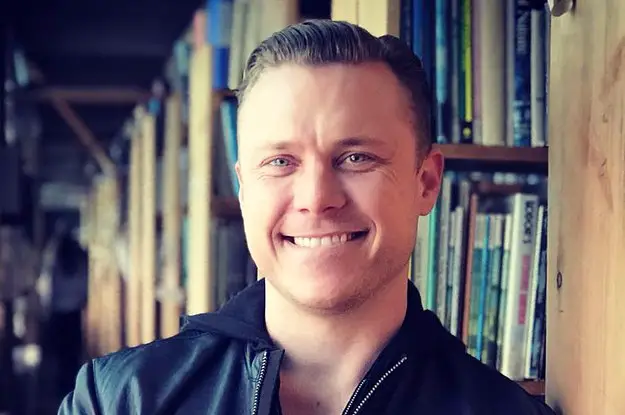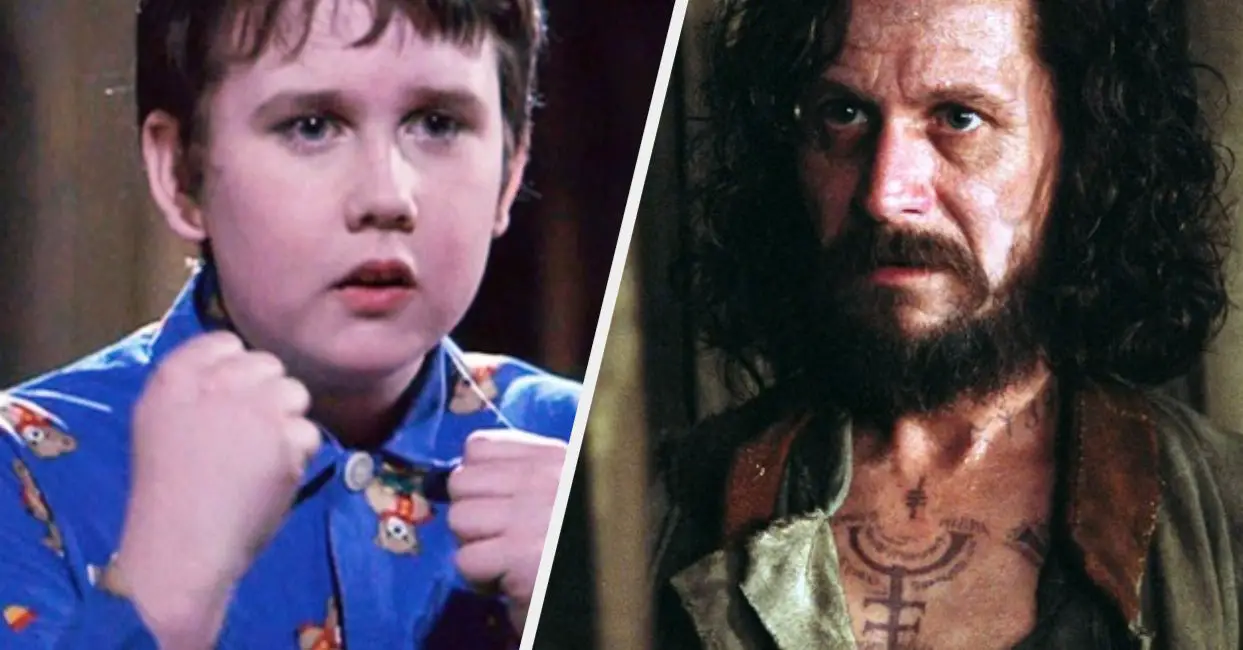OPINION: Anyone paying the slightest bit of attention to the news from the last year would have noticed the commotion surrounding AI. From media to finance, e-commerce and smart homes, artificial intelligence is having a disruptive impact on many industries.
Another industry that AI has its sights trained on is music. One of the concerns surrounding artificial intelligence has always been that this ‘invisible’ force is here to take jobs from actual people, but that’s not what DAACI (pronounced Dar-cee) is about.
DAACI (which stands for Definable Aleatoric Artificial Composition Intelligence) looks not to replace the human at the centre of the process but to drive efficiencies, assist and augment the creative process.
I err to being rather skeptical of AI. It tends to subtract rather than add – a case of companies peddling a technology that cuts costs in favour of automation. Anyone who has used the ‘helpful’ assistant for online banking will know that answers can be vague or just go round in circles.
A simple – at least on the surface it looked simple – 20-minute presentation of DAACI showed that artificial intelligence can sit alongside humans who are driving the process of music creation. DAACI is simply there to assist.
I’m getting a bit ahead of myself as I haven’t explained what DAACI is. DAACI is – at least for the moment – a music composition system, a creative tool as such that allows for “elements and textures to be dynamically composed in real-time”. Composers can choose the instruments they want (maybe a kick drum there, a tinkly piano here) and instruct for how many bars they want those notes to last for, and then allow DAACI to take that info and create the resulting composition.

That composition can be tweaked, uprooted, whatever, and as founder and inventor Dr. Joe Lyske showed in a real-time demo, DAACI can show the results within seconds.
The feedback loop it offers is quick, which will help things get done in a more efficient manner. And considering the event was held at Abbey Road, there was a further demonstration to show how it could reduce the time needed to ‘find’ music in the studio.
Another Dr was on hand in Damon Minchella (who older folk may remember as being part of the band Ocean Colour Scene). He was there to show how the creative process could be sped up for musicians, using a song written and performed by a young artist from The Brit School called Lydia. She sung a sample of her song, Minchella asked her how she would envisage it as a record; they picked out three chords that allowed DAACI to create a production environment whereby they had a selection of musical choices to refine the rhythm, style, and flow of the track.
The flexibility DAACI allowed for was impressive, changing speed from up-tempo to downtempo, changing the beats, etc; and within twenty minutes, they found a something they liked. According to Minchella, that process in a studio would probably have taken two days.

£2.56 NordVPN Deal
NordVPN’s is now offering up to 66% off the 2- year plan along with 3 months free using code TrustedReviews at checkout!
- NordVPN
- CODE: TrustedReviews
- from £2.56/mo
Of course, DAACI would extol the benefits of this process, and while they are advantages of empowering artists, especially younger ones, in making music and perhaps even being more inclusive for those who don’t have the knack for the more technical aspects of production, I wonder whether it can change music for the better.
Having attended another music event a few days later, it couldn’t have been more different from the show of artificial intelligence at Abbey Road. Listening to the first album by Speakers Corner Quartet at Portico Studios, this was a band that had been together (in some shape or form) for over 15-years, jamming and building a closeness that, perhaps, you might not get from bringing artificial intelligence into the equation.
This was analogue to DACCI’s digital, a process that took years not twenty minutes. So, for all the good AI can offer, it makes me ponder whether its adaptation into creative process is simply an economical one: the rush to hit deadlines and reduce costs by getting stuff done quicker.
There is more to DAACI than just that, but there’s something to be said about the taste of a rich stew that takes a while to make, rather than slurping on instant pot noodles, not to mention whether artificial intelligence is fixing a system or ignoring aspects that appear a bit broken by its own design.
That’s not to say that DAACI couldn’t lead music creation into a bright new future. Watching the 0s and 1s in the flesh was exiting, but the old ways excite just as much. It’s a brave new world, but perhaps we could still keep bits of the old one.
Source link










Leave a Reply